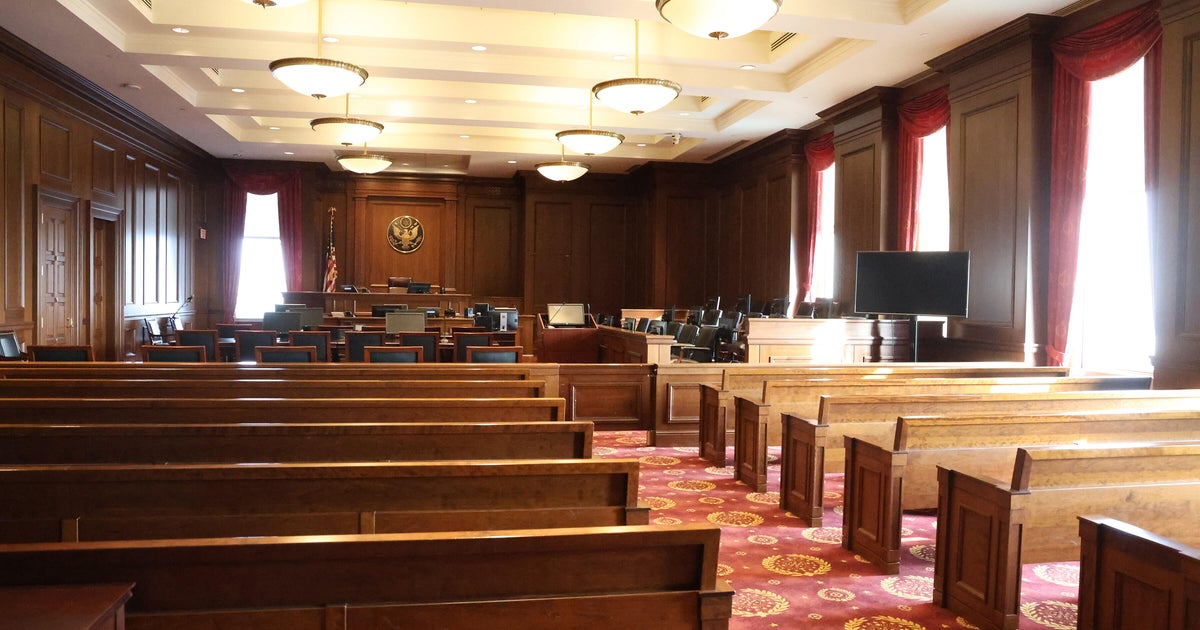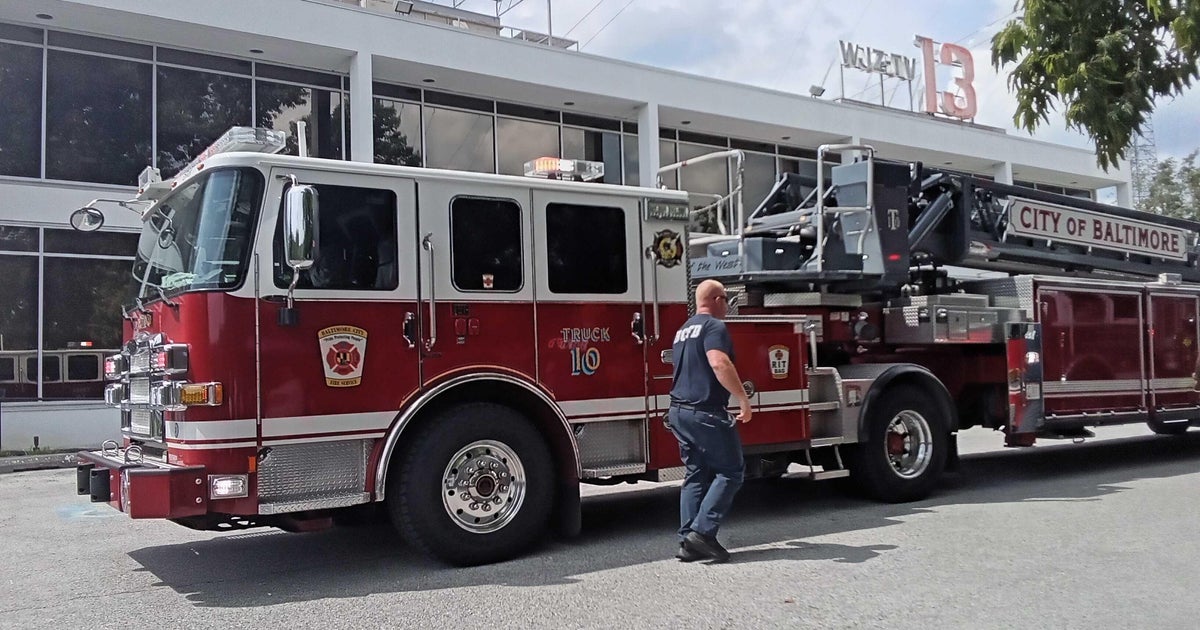Baltimore Fire union raises concerns about downgrade of 4 medical units
The Baltimore Firefighters' union is raising concerns as the city plans to downgrade four Advanced Life Support (ALS) medic units to Basic Life Support (BLS) at the start of July.
According to IAFF Local 734, the move could impact emergency responses and patient care in the city.
"Every second counts in a medical emergency," said Matthew Coster, President of IAFF Local 734. "Reducing ALS coverage in Baltimore means fewer units equipped with the tools and training to handle life-threatening incidents like cardiac arrest, stroke, and major trauma. This change puts patients at greater risk."
Downgrading Baltimore medic units
Coster said the city's decision to downgrade four units is in response to staffing issues and overtime constraints at the fire department. The downgrades could make those challenges worse, the union leader said.
"When we're already at strained resources and maxed out on a daily basis, we don't want to go backward, we want to keep moving forward and get ALS units on the street where they need to be," Coster said.
According to the union, ALS units are trained to administer advanced care during emergency responses, while BLS units have fewer capabilities.
ALS units can provide airway management, deliver medication and monitor cardiac health. According to Coster, the downgrade could mean it takes longer for the proper personnel to get on scene.
"When you're trying to save a life, time is your enemy," Coster said. "When it comes to trying to fight a fire to ALS interventions, fast is the best way that you wanna do it."
Coster also emphasized that 911 call volume is extremely high in the city.
He hopes his message will convince the mayor and city council to "properly fund the fire department and give us the money that we need to keep these units on the street, to properly staff and train and retain people."
"This is not about finger-pointing," Coster said. "We believe the Fire Chief and department leadership are doing the best they can under difficult circumstances. But we owe it to our residents to speak up when decisions are made that could delay care or jeopardize outcomes."




